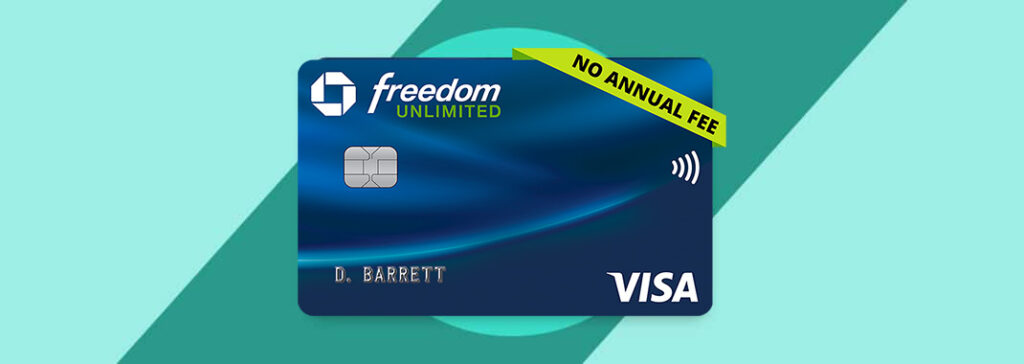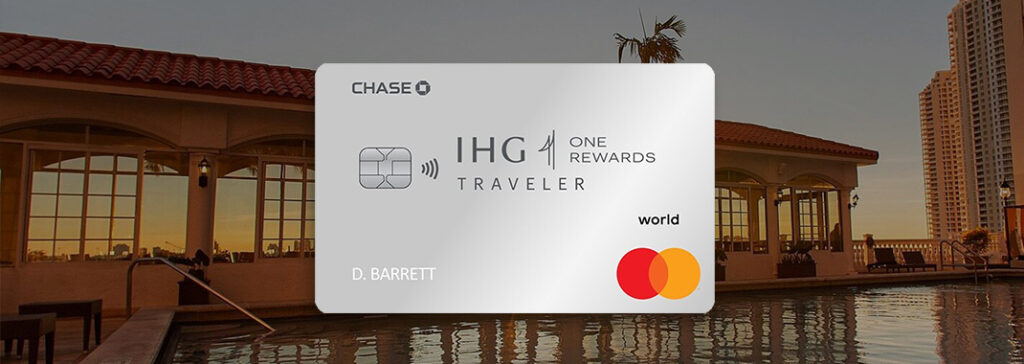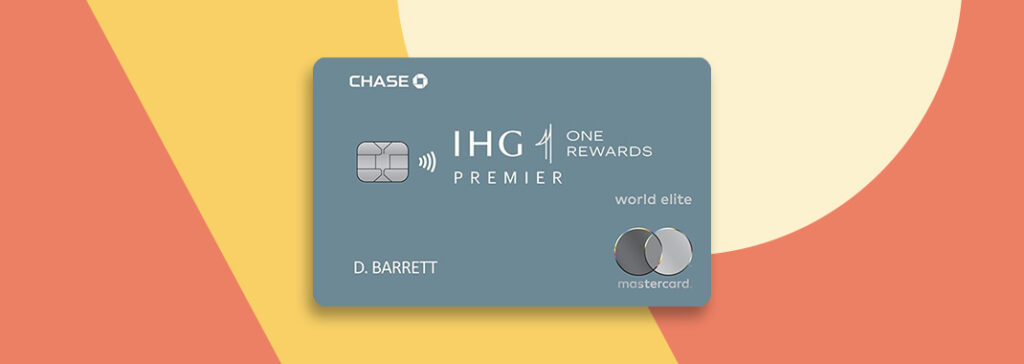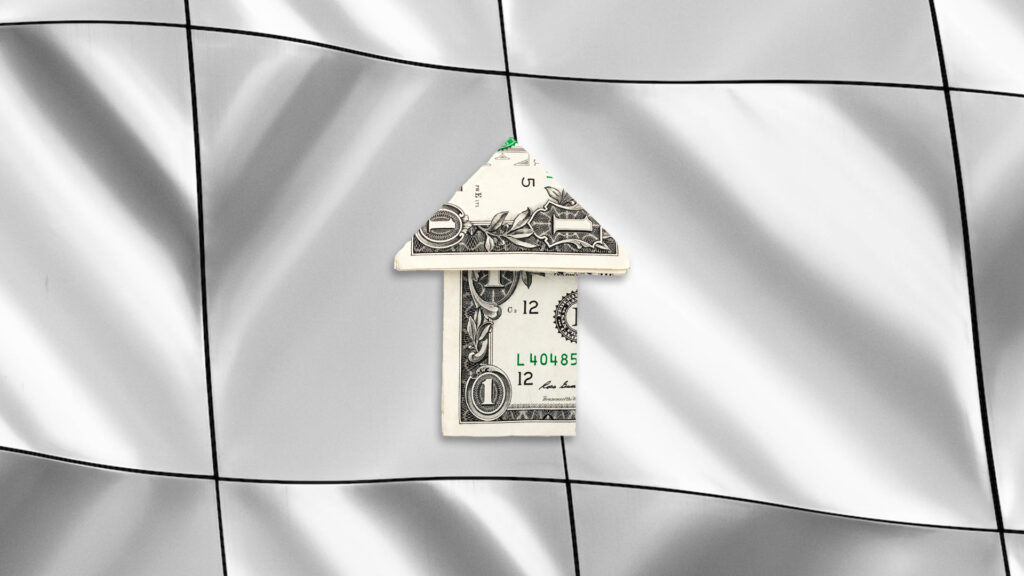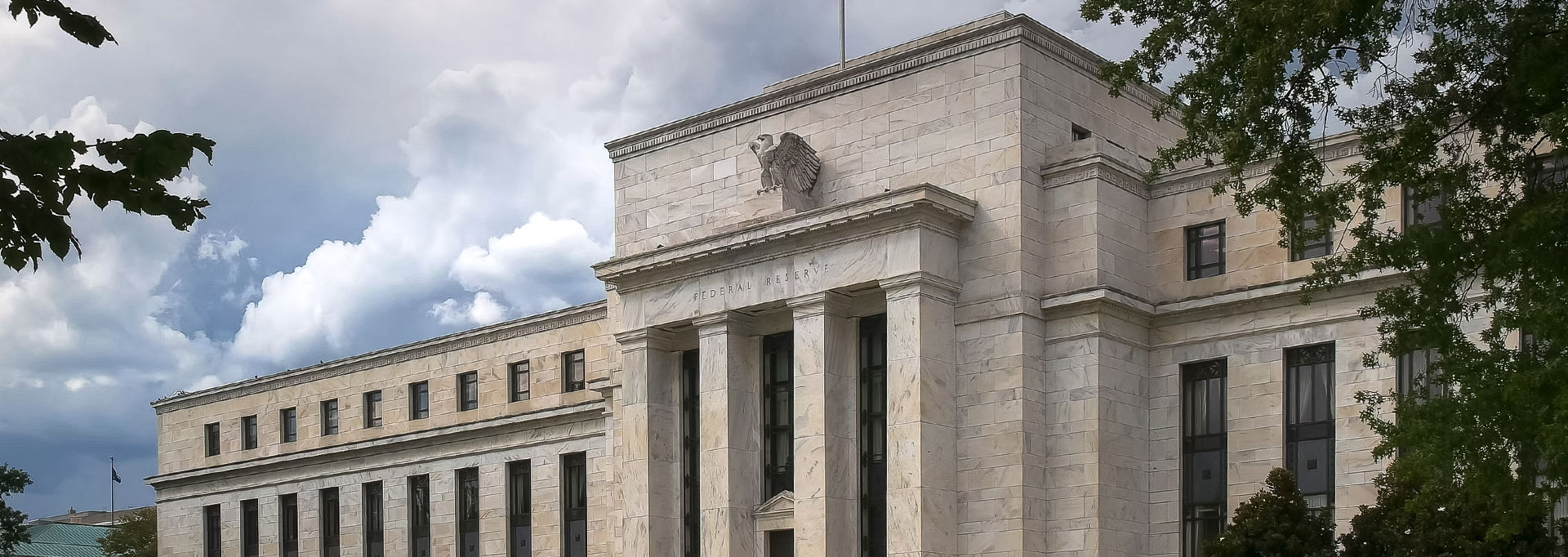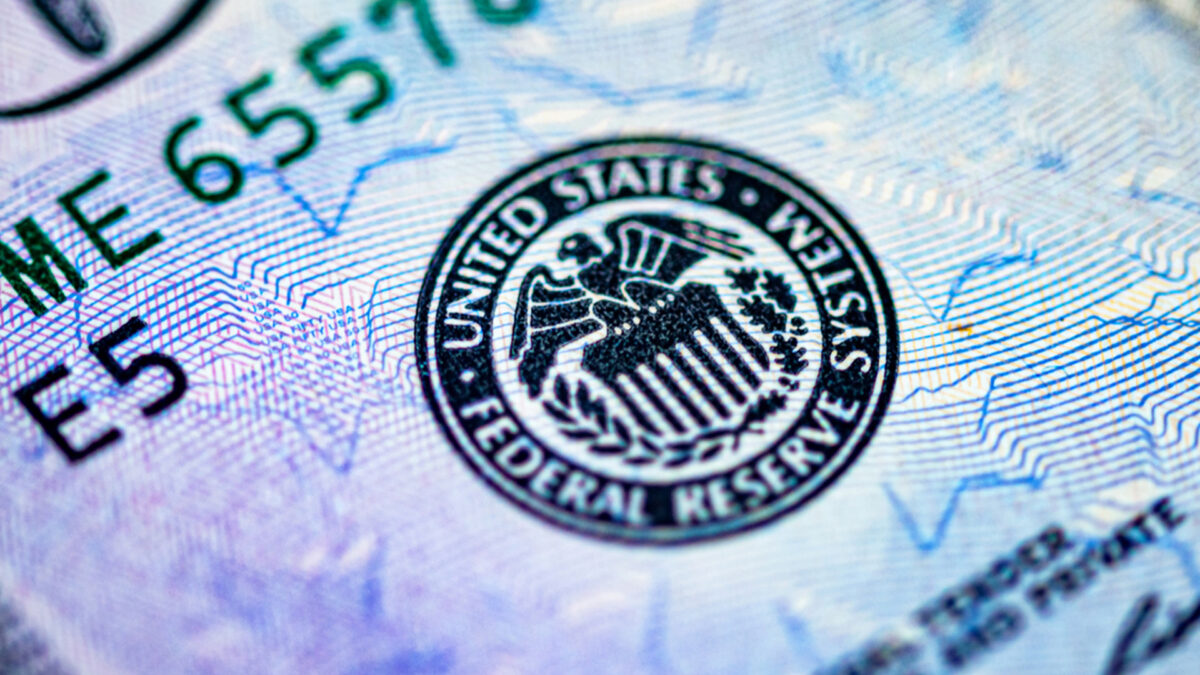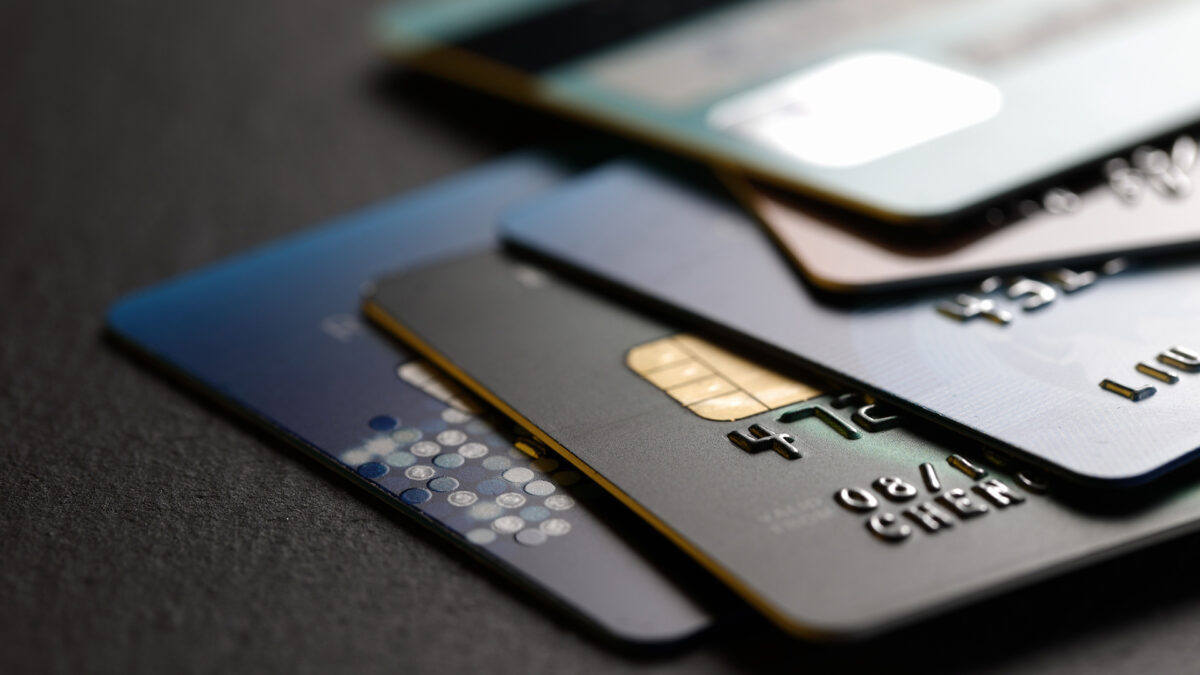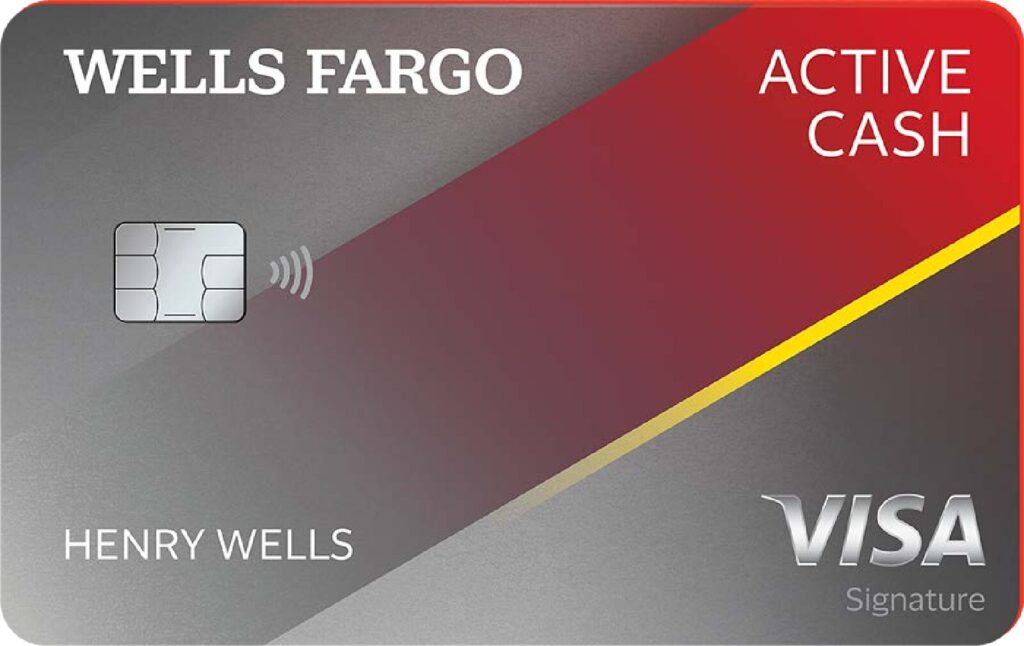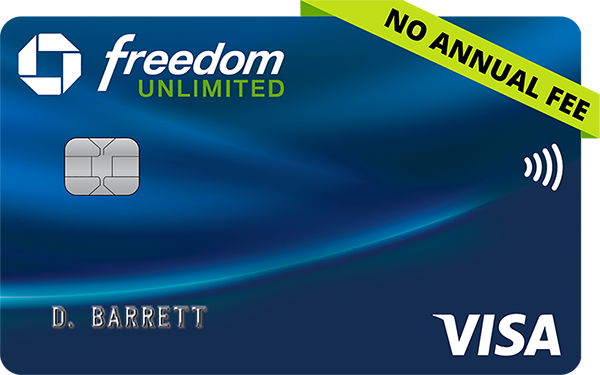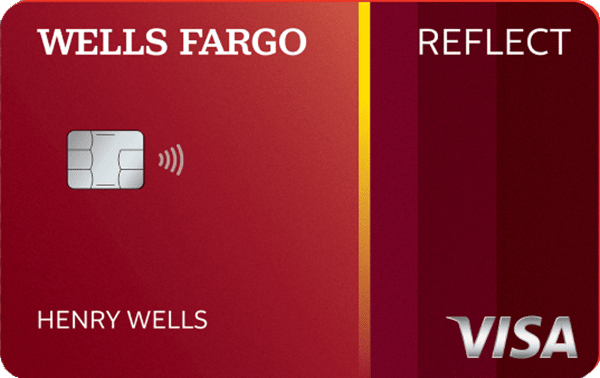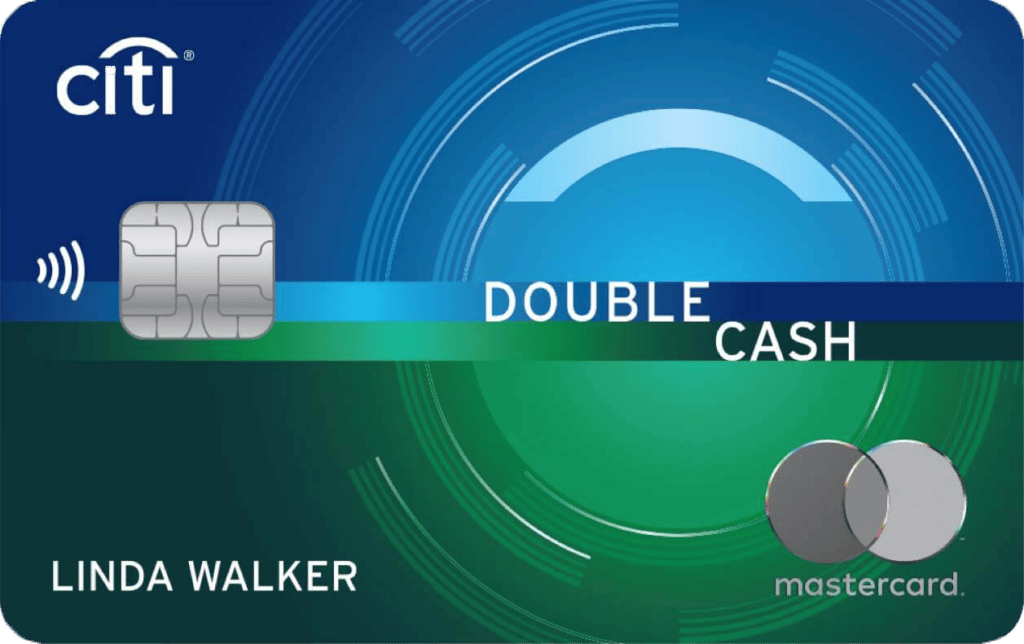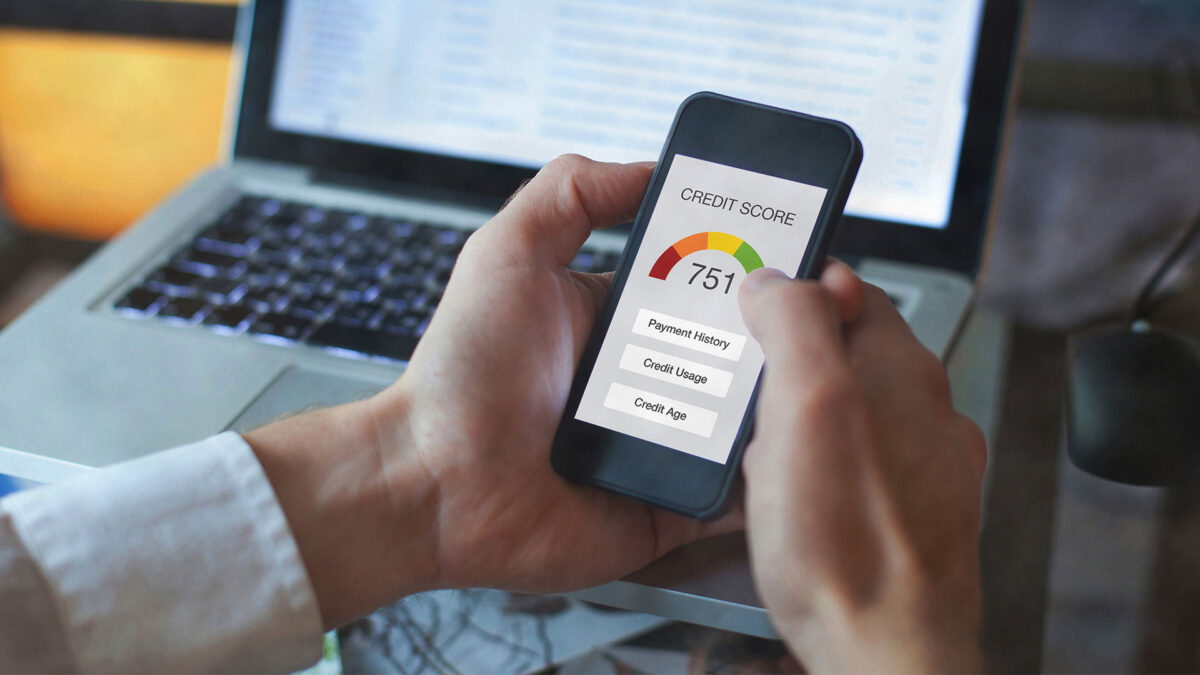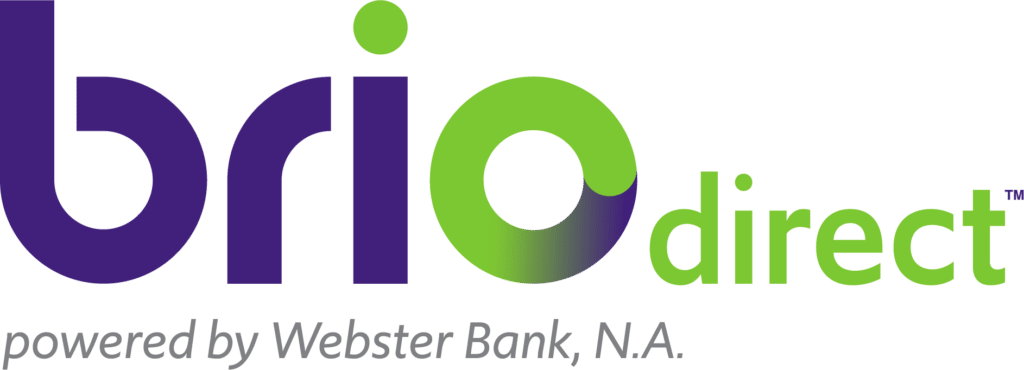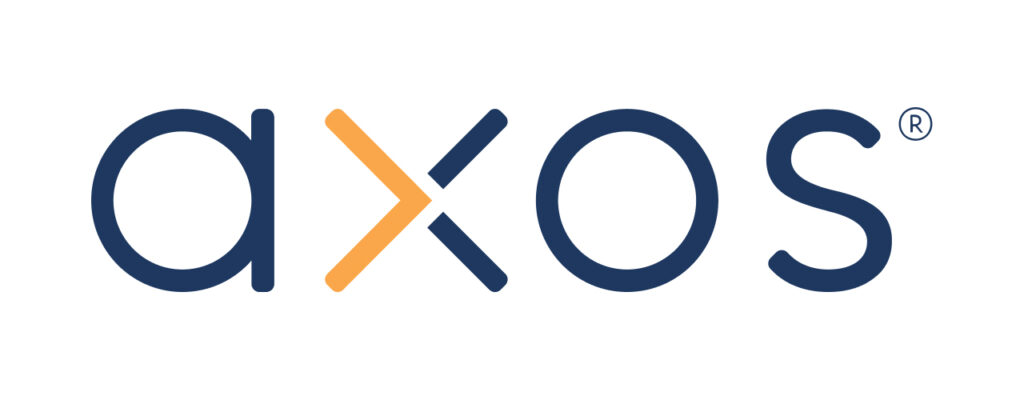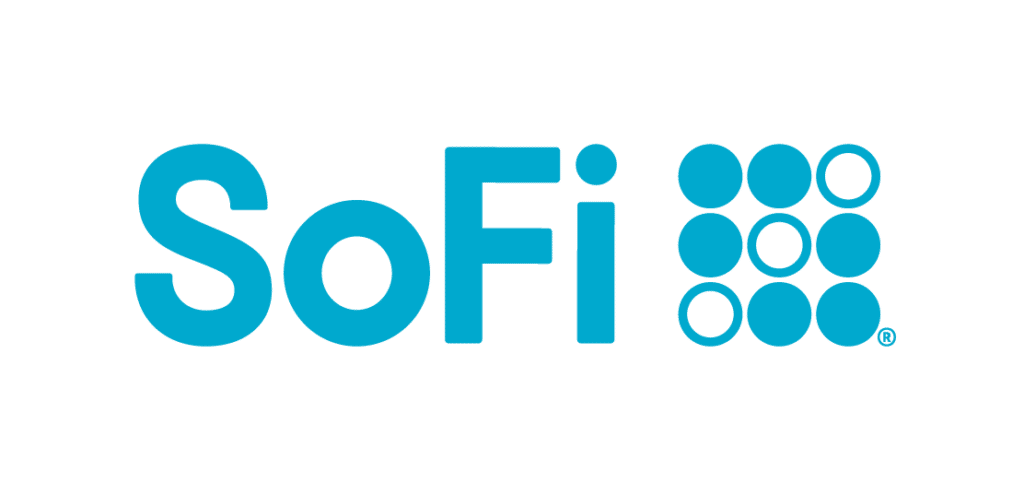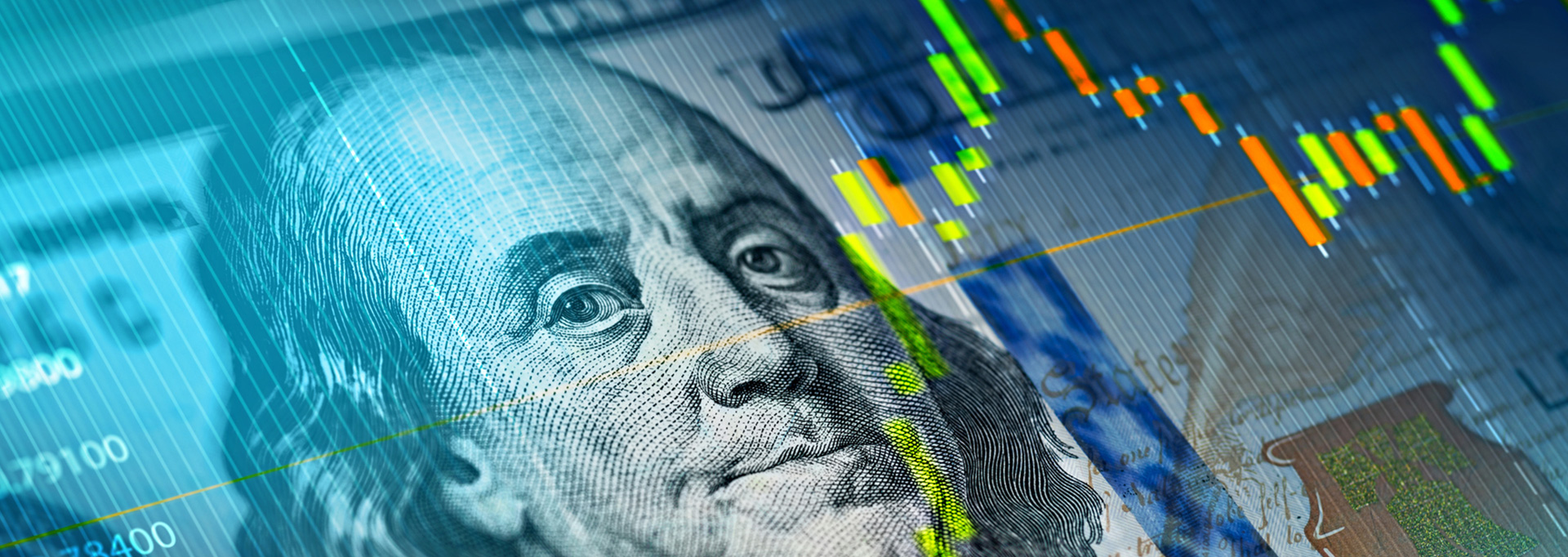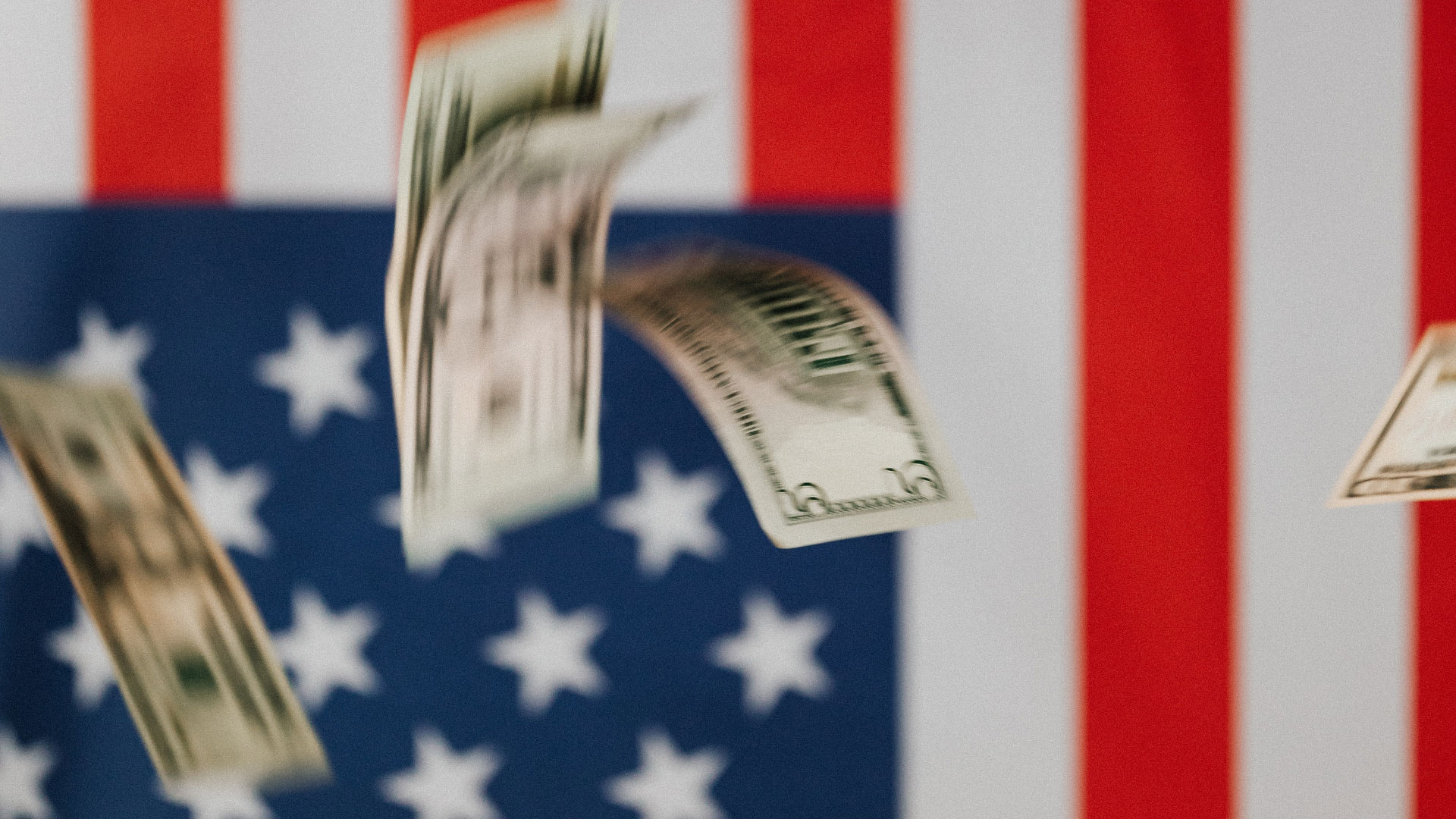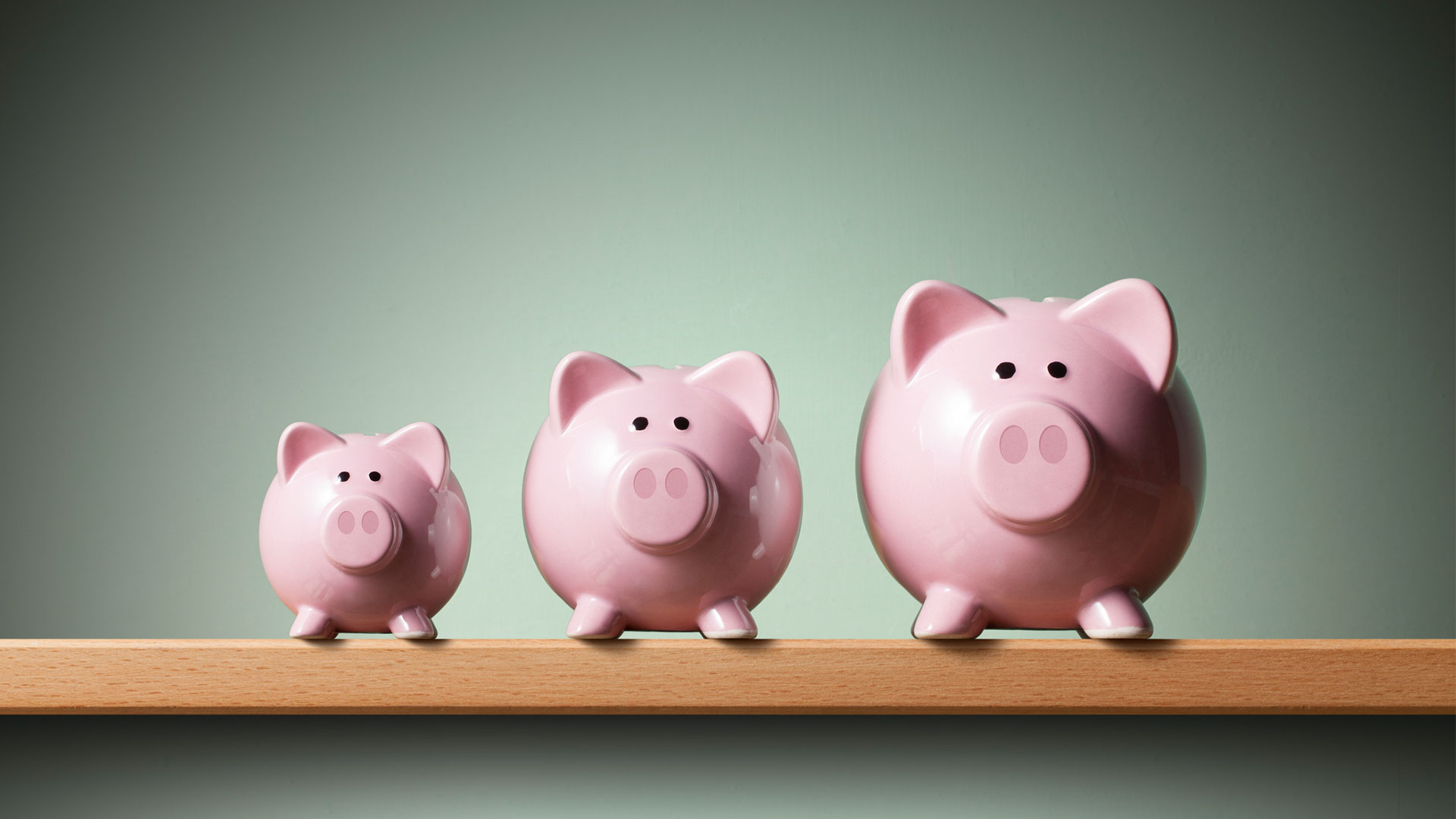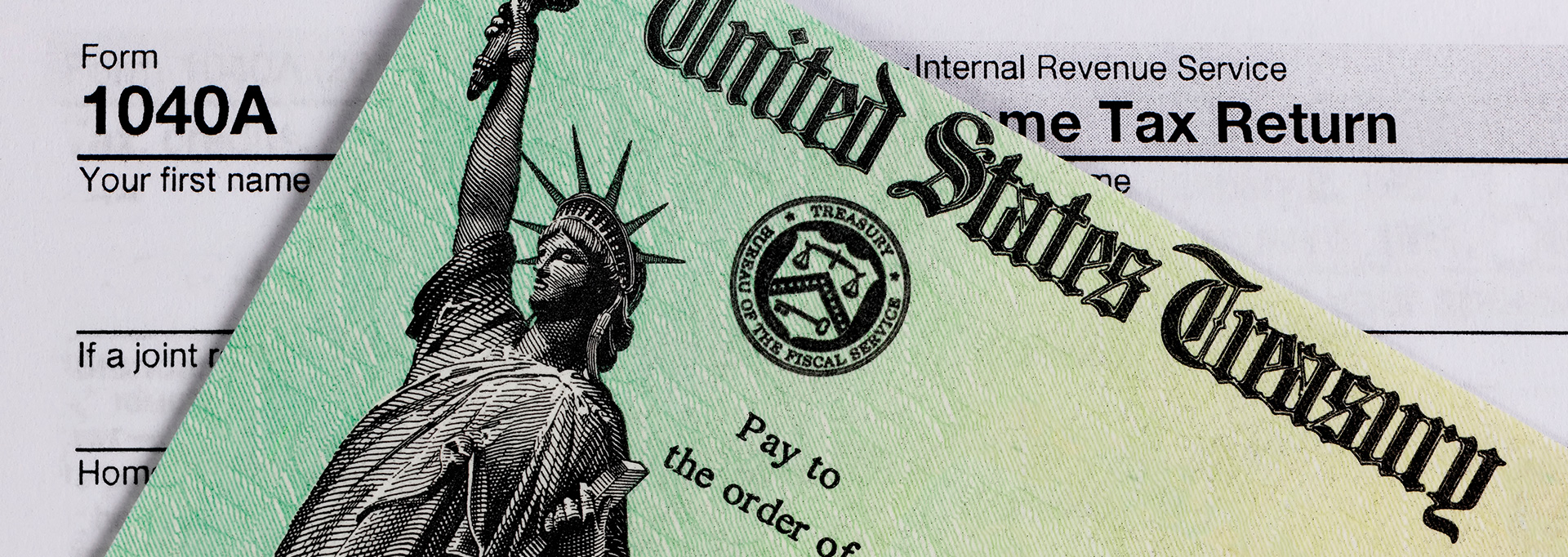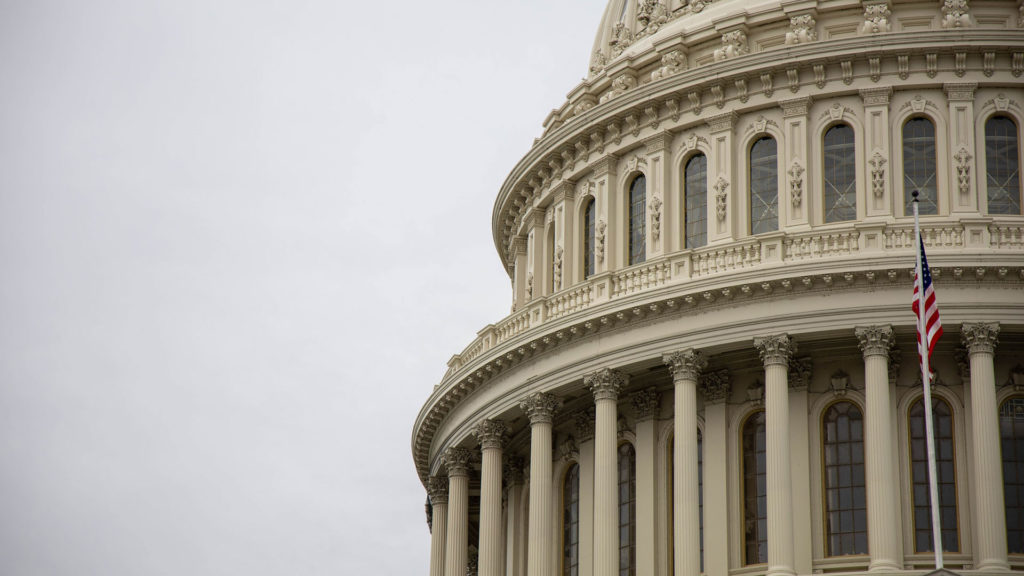Most products on this page are from partners who may compensate us. This may influence which products we write about and where and how they appear on the page. However, opinions expressed here are the author's alone, not those of any bank, credit card issuer, airline or hotel chain.
The Federal R
While the federal funds rate d
Why the Fed Raises Interest Rates
When the Fed raises rates, the hikes are meant to combat inflation by decreasing consumer spending and slowing overall demand for products. When discussing rate hikes, the Fe
Best Credit Cards
Visit the Marketplace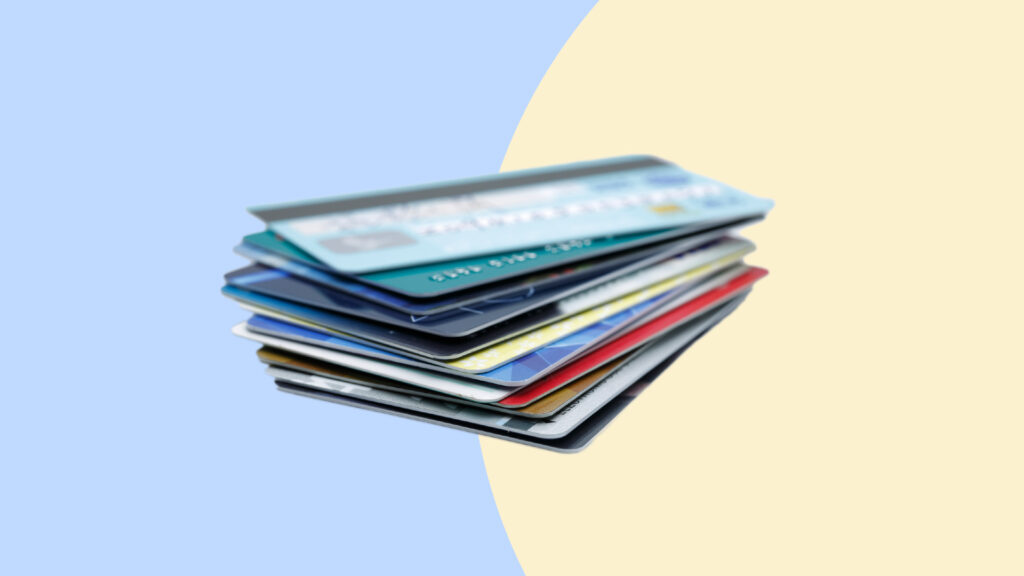
What To Do When the Fed Raises Interest Rates
When the Fed announces a rat
Pay Down High-Interest Debt
Few financial products are affected m
Carrying a balance on your credit cards each month me
Consider getting a balance transfer credit card to consolid
Recommended Low-Interest Credit Cards
| Credit Card | Intro APR | APR | Learn More |
|---|---|---|---|
|
|
0% intro APR for 12 months
0% intro APR for 12 months from account opening on purchases and qualifying balance transfers. 19.24%, 24.24%, or 29.24% Variable APR thereafter; balance transfers made within 120 days qualify for the intro rate and fee of 3% then a BT fee of up to 5%, min: $5. |
19.24%, 24.24%, or 29.24% (Variable) |
Apply Now Rates & Fees |
|
|
0% Intro APR for 15 months
This card allows new cardholders to save money with an introductory 0% interest rate on new purchases and balance transfers for the first 15 months of account opening. After the introductory period, a 18.99% - 28.49% variable rate will apply. Balance transfers made within the first 60 days of account membership will be charged a balance transfer fee of either $5 or 3% of the amount of each transfer. After 60 days, that balance transfer fees increases to either $5 or 5% of the amount of each transfer, whichever is greater |
18.99% - 28.49% (Variable) |
Apply Now Rates & Fees |
|
|
0% intro APR for 21 months
0% intro APR for 21 months from account opening on purchases and qualifying balance transfers. 17.24%, 23.74%, or 28.99% variable APR thereafter; balance transfers made within 120 days qualify for the intro rate, BT fee of 5%, min: $5. |
17.24%, 23.74%, or 28.99% (Variable) |
Apply Now Rates & Fees |
|
|
0% for 18 months on Balance Transfers
Balance Transfer Only Offer: 0% intro APR on Balance Transfers for 18 months. After that, the variable APR will be 18.24% - 28.24%, based on your creditworthiness. |
18.24% - 28.24% (Variable) |
Apply Now Rates & Fees |
Bump Up Your Savings
Interest rates on lending products often incre
Take advantage of high-yield savings by mov
Lock in Your Rates
One of the best actions you can take with rate hikes is to sh
If you're a
If you're consid
Boost Your Credit Score
Because interest rates rise after Fed rate hikes, it's an exc
You may improve your score by consistently maki
Switch to High-Yield Savings
If you're currently saving money in a traditional savings a
Recommended High-Yield Savings Accounts
| Bank Account | APY | Features | Learn More |
|---|---|---|---|
|
|
4.55%
*Annual Percentage Yield (APY) is variable and is accurate as of 2/26/2025. Rate is subject to certain terms and conditions. You must deposit at least $5,000 to open your account and maintain $25 to earn the disclosed APY. Rate and APY may change at any time. Fees may reduce earnings. |
$5,000 min. deposit |
Open Account |
|
|
Up to 4.86%
Earn up to 4.86% APY on savings, and 0.51% APY on checking when you meet requirements. |
No minimum deposit |
Open Account |
|
Member FDIC |
0.50% - 3.80%
SoFi members who enroll in SoFi Plus with Direct Deposit or by paying the SoFi Plus Subscription Fee every 30 days or with $5,000 or more in Qualifying Deposits during the 30-Day Evaluation Period can earn 3.80% annual percentage yield (APY) on savings balances (including Vaults) and 0.50% APY on checking balances. There is no minimum Direct Deposit amount required to qualify for the stated interest rate. Members without either SoFi Plus or Qualifying Deposits, during the 30-Day Evaluation Period will earn 1.00% APY on savings balances (including Vaults) and 0.50% APY on checking balances. Only SoFi Plus members are eligible for other SoFi Plus benefits. Interest rates are variable and subject to change at any time. These rates are current as of 1/24/25. There is no minimum balance requirement. Additional information can be found at http://www.sofi.com/legal/banking-rate-sheet. See the SoFi Plus Terms and Conditions at https://www.sofi.com/terms-of-use/#plus. |
No minimum deposit |
Open Account |
|
|
4.10%
Earn 4.10% APY on balances over $5,000. Balances of less than $5,000 earn 0.25% APY. Annual Percentage Yield is accurate as of March 19, 2025. Interest rates for the Platinum Savings account are variable and subject to change at any time without notice. |
$100 minimum deposit |
Open Account |
What Not To Do When the Fed Raises Interest Rates
Just because the Fed announce
Overextend Yourself Financially
The Fed raises rates i
If you're financially vulnerable, now is n
Make Short-Term Financial Decisions Based on Fear
Don't l
If you're a long-time investor with decades left until retirement, you'll inevitably experience the roller coaster ups and downs of the market. There are always risks with investing, but if you're investing for the long haul, it may not be a good idea to react to every fluctuation.
Be sure to consult with a certified financial advisor about your specific situation before making any major changes to your investments.
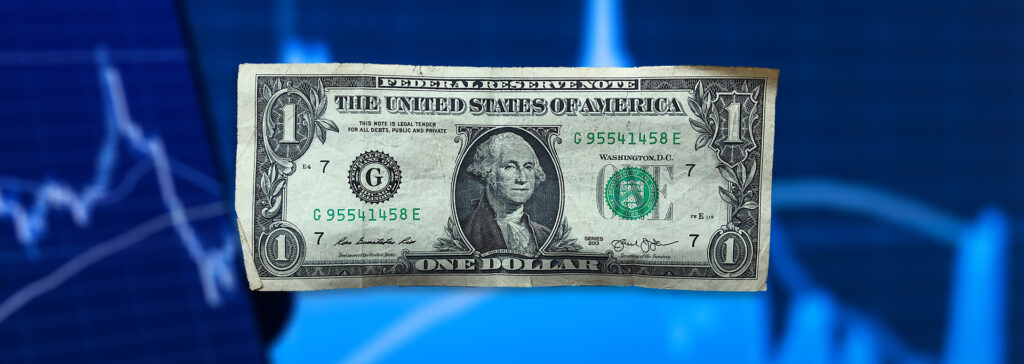 Related Article
Related Article
How to Start Investing in the Stock Market With Just $1
Stop Saving
Sa
Understand the Effects of Rate Hikes
Knowing how rate hikes work can help you a
